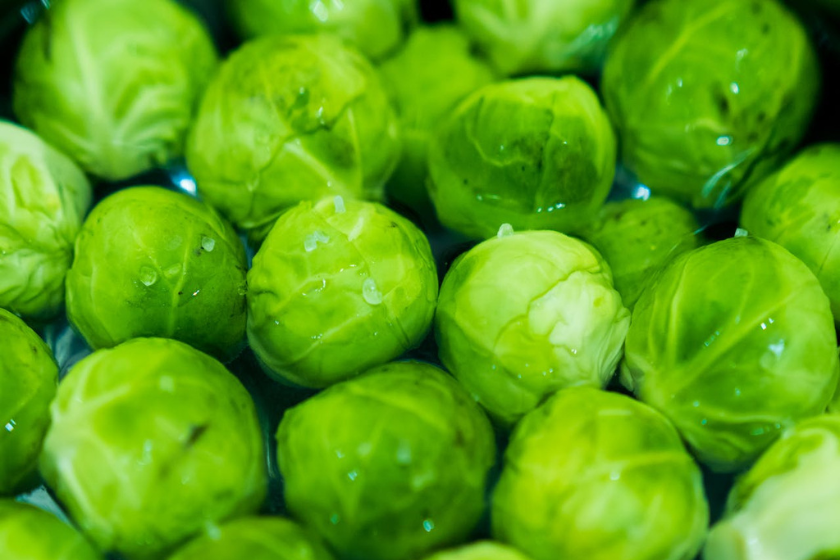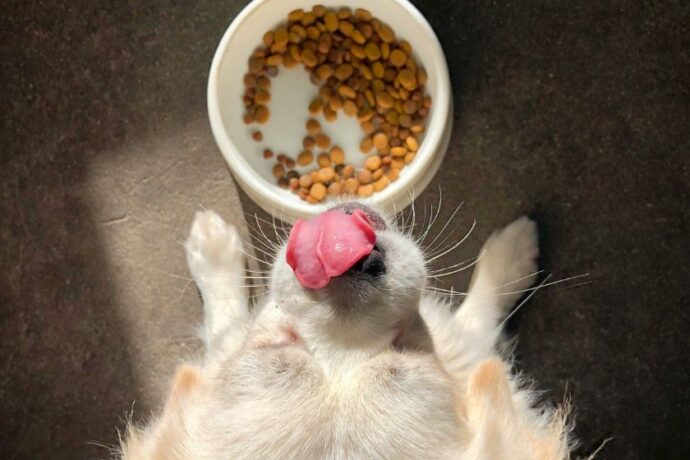
Brussel sprouts can be a healthy snack for your dog every once in a while.
Most people would consider brussels sprouts to be a healthy food, which is why dog owners might consider feeding their dogs a nutritious snack of brussels sprouts. But you may be wondering, can dogs eat brussel sprouts?
The answer is yes; dogs can eat brussel sprouts without risk of illness. However, that doesn’t mean you should include brussel sprouts in your dog’s diet every single day.
Are Brussels Sprouts Safe for Dogs?
Brussel sprouts can provide your dog with many of the health-boosting compounds they need, including vitamins, minerals, antioxidants, and fiber. Brussel sprouts are a member of the cruciferous vegetable family, which contains other healthy foods like broccoli and cabbage.
One of the downsides to excessive brussel sprouts in your dog’s diet is the possibility of digestive issues. Brussel sprouts are high in fiber, which can aid digestion in proper amounts. Too much fiber, however, can create the opposite result. If you feed your dog brussel sprouts consistently, you might notice an increase in gas and other bathroom issues.
Raw vs. Cooked Sprouts for Dogs
Can dogs eat brussels sprouts raw? It won’t be toxic to them, but it’s not ideal. When brussels sprouts are uncooked, they can be especially hard on your dog’s digestive system, not to mention the choking hazard they pose.
However, can dogs eat brussels sprouts cooked? Absolutely. This is the only way that your dog should ingest brussel sprouts. When this vegetable is cooked, it has a much softer consistency that is easier for your dog to chew and swallow. Also, dogs can eat brussels sprouts more safely and are less likely to choke when the sprouts are chopped into small pieces.
How to Feed Your Dog Brussels Sprouts
If you want to give your dog a tasty, healthy treat, steam or roast brussel sprouts and cut them into small pieces. Avoid adding any seasonings like salt or pepper, as these can cause health issues for your dog. And it’s best to feed your dog brussels sprouts no more than once or twice a week to avoid digestive issues.



